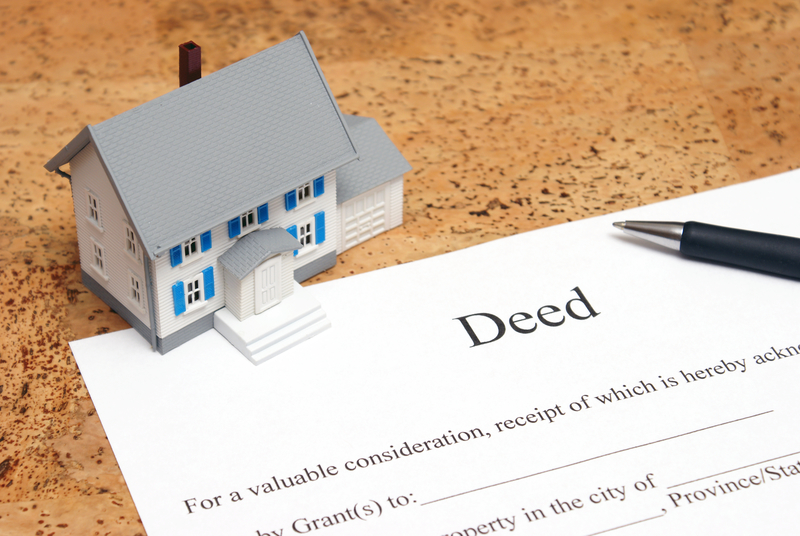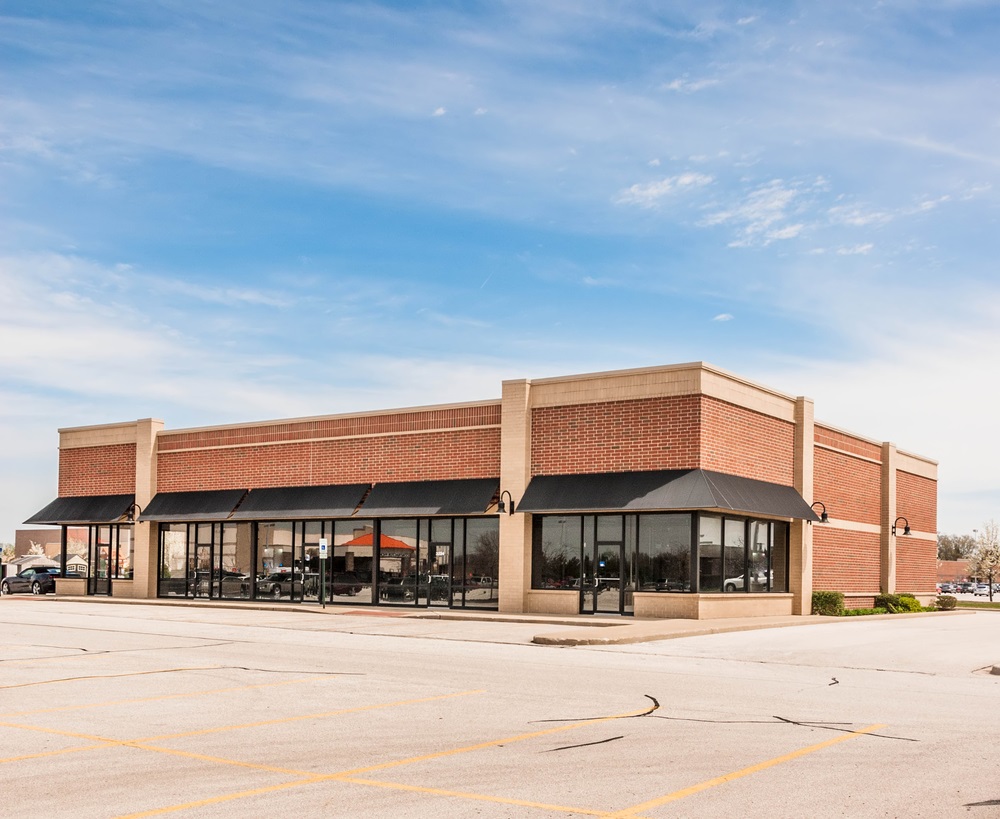In Deed

While most people know generally what a deed is, most do not know the different types of deeds that are used to convey real property. The distinctions are important because the type of deed used to transfer property determines the rights of the buyer and seller if something goes wrong after the sale. Below is a brief overview of the types of deeds available for use in New Jersey:
Warranty Deed
Where a warranty deed is used, the grantee or buyer is protected in the event the title turns out not to be as represented by the grantor or seller. Depending on how the deed is drafted, it may contain present as well as future covenants. Present covenants essentially provide that the grantor has fee simple title to the property, has the right to convey the property, and that there are no encumbrances on the property. Future covenants, on the other hand, include a general warranty, quiet possession, and further assurances. These future covenants “run with the land” and benefit not only the grantee, but the grantee’s successors in title. This is significant because a grantor using a warranty deed has exposure for defects in title that arose prior to the time the seller became an owner. Thus, warranty deeds can cause unanticipated problems for sellers and should be given only after consulting with an attorney.
Bargain & Sale Deed With Covenants Against Grantor’s Acts
A bargain and sale with covenants against grantor’s acts contains only one covenant or promise; that is, that the grantor has done nothing to encumber title with easements, liens, judgements and the like while owing the property. The covenant contained in the deed is considered personal. It does not run with the land. This type of deed is typically used in New Jersey. Unlike the warranty deed, the grantor using this type deed is not liable for title defects that arose prior to his or her ownership.
Bargain & Sale Deed
This type of deed conveys whatever the grantor owns and gives no covenants of any kind. If your sales contract does not specify the type of deed, then this is the type of deed that must be delivered at closing.
Quitclaim Deed
A quitclaim (not “quickclaim”!) deed simply transfers to the grantee that which the grantor owns. The deed contains no covenants. The difference between the quitclaim deed and the bargain & sale deed is that there is not even an implication in the quitclaim deed that the grantor has any title to the property being conveyed. The quitclaim deed is typically used where a beneficiary takes pursuant to a will, where a spouse is added (or removed) from the title, or the property is being transferred into a trust.
Whether you are selling or buying residential or commercial property, the type of deed used and the covenants or exceptions it contains are important considerations for both buyer and seller and subsequent transferees.




